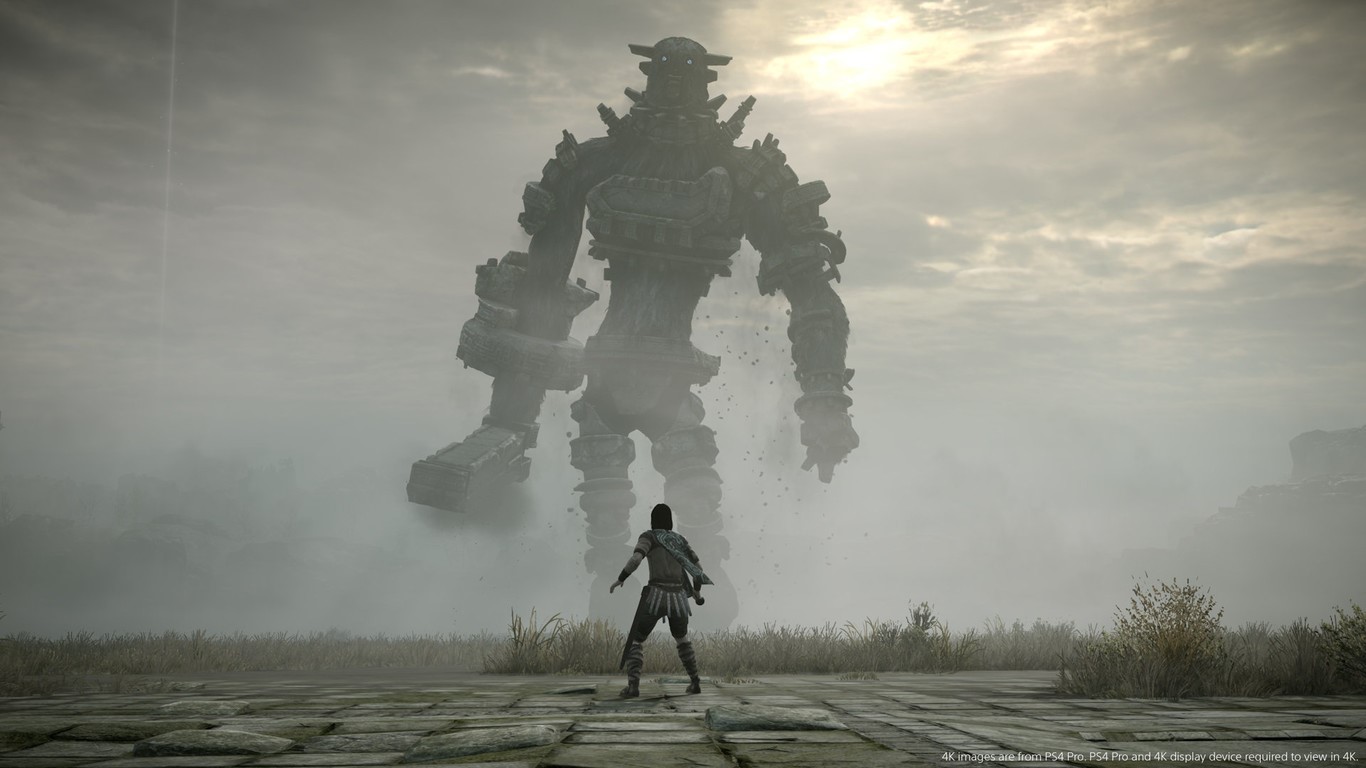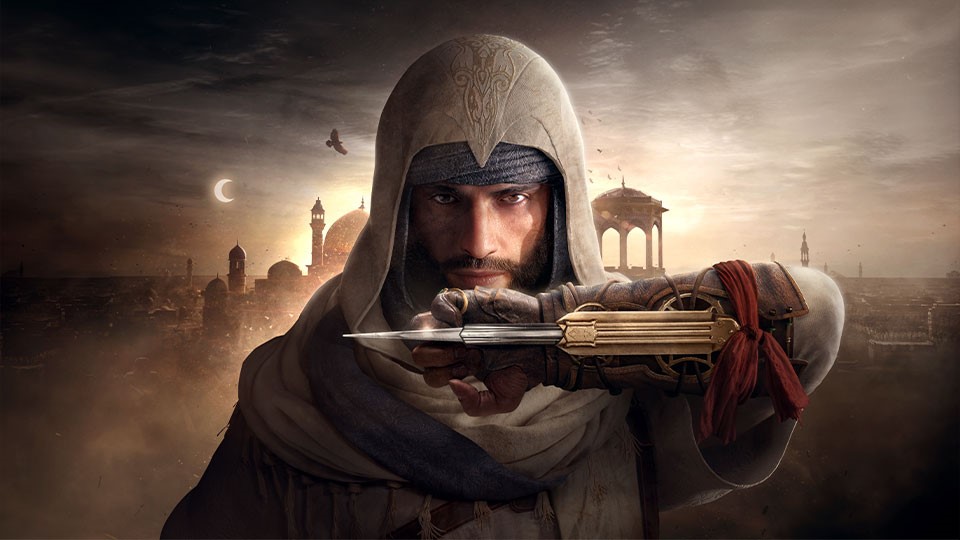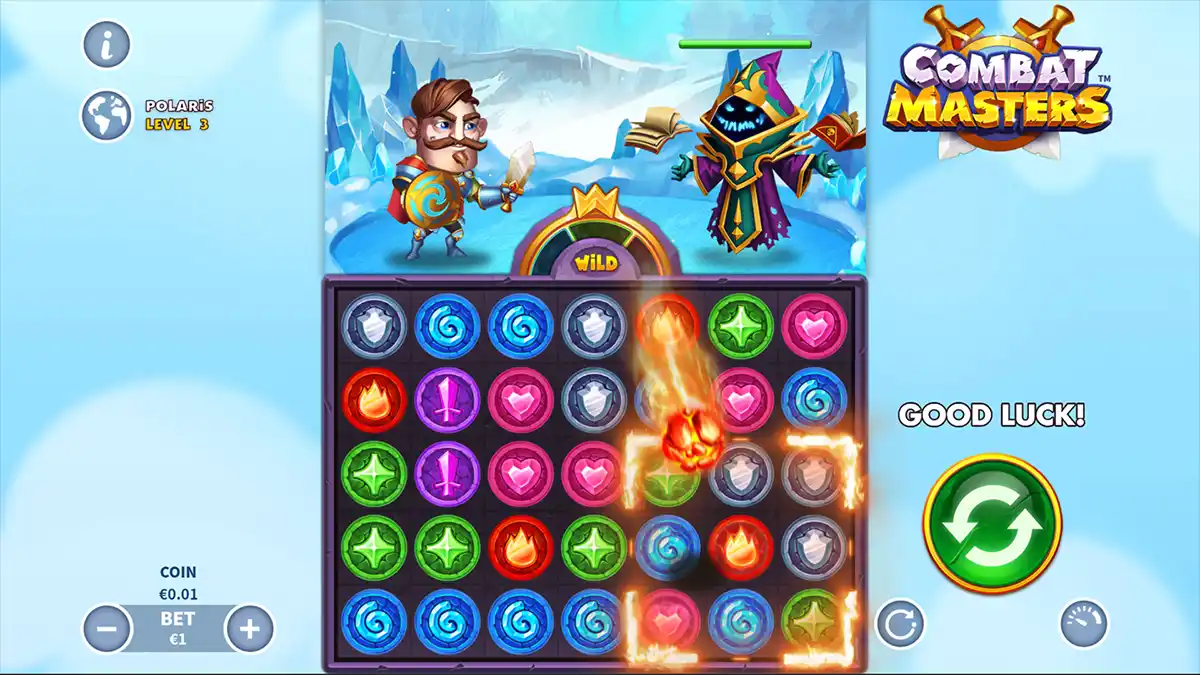Since the first video games were invented in the 1950s, gaming has been a part of popular culture all over the world. Today, video games are present in many aspects of daily life, from free time to entertainment, to education and of course at work.
One of the ways in which gaming has influenced modern culture is through the adoption of new technologies. Video games have often driven the implementation of new technological platforms, such as personal computers in the 1970s and 1980s, and then gaming consoles in the 1990s and 2000s. With the appearance of video games for smartphones and tablets, gaming has become more accessible and widespread, reaching an even wider audience across ages and social backgrounds.
Gaming is now consumed by more than 2.7 billion people worldwide and is an industry that generates hundreds of billions of dollars in revenue each year. At the end of the last financial year, according to the latest data from Statista, Sony’s online platform reached a total of 109 million subscribers worldwide.
Gaming, as mentioned above, has made a significant impact on popular culture and society in general. The same can be said for gambling. Online slots are often used as an entertainment tool, but also to explore important cultural and social issues. For example, many titles address issues such as war, politics, gender identity and cultural diversity, providing a platform for discussion and reflection on these issues. For example, The Asp of Cleopatra explores the history and mythology of different cultures and civilisations, such as ancient Egypt, while Ulisse is an adventure game inspired by the mythology and culture of ancient Greece.
The gambling industry has also helped create a new form of communication and socialisation. With the rise of online games, people can play and communicate with other players around the world in real time, creating new virtual communities and friendships.
The gaming industry is also changing the way in which we consume media. With the growth of games that offer a complex story and plot, many gamers have started to spend more time playing video games than watching films or TV series.
In addition, many games and slots also provide an interactive narrative component, which is very common in online slot design, where the player can make decisions that influence the course of the story. This has driven an increased interest in interactive storytelling and has meant that many authors are beginning to experiment with this form of narration.
“The line between casino games and video games is becoming increasingly blurred, – explains Silvia Urso, content manager of Giochidislots.com. We have slots with a storytelling and design worthy of PS games and other consoles, and some providers are also starting to integrate some typical videogame elements into slot machines, and Combat Masters by Skywind is the perfect example”.
Notwithstanding its success and significant impact on modern culture, gaming is not free of controversy. Some people argue that video games can have negative effects on health, such as addiction problems and obesity, and that they can promote violent behaviour. However, many studies have shown that video games can also have positive effects, such as improving cognitive skills and problem solving abilities…
In summary, gaming has become an integral part of modern culture and has had a significant impact on technology, popular culture, society and the economy. Although there are disputes and controversies about its possible negative consequences, video games have positive effects and contribute to the development of useful skills in everyday life.
As gaming continues to evolve and become more and more integrated into our culture, it is important to consider both its benefits and its potential risks, and to find a well-balanced way to integrate it into our lives.


